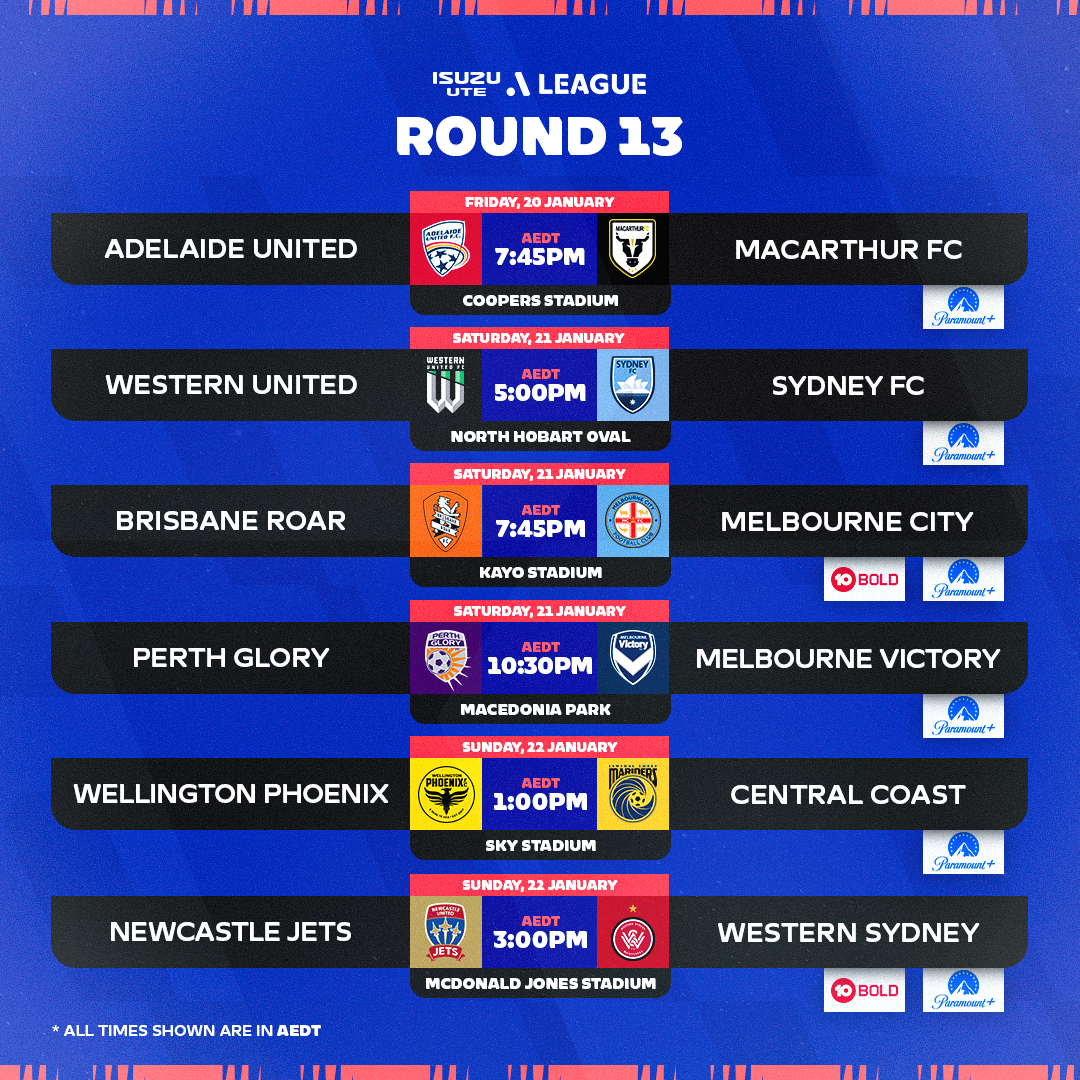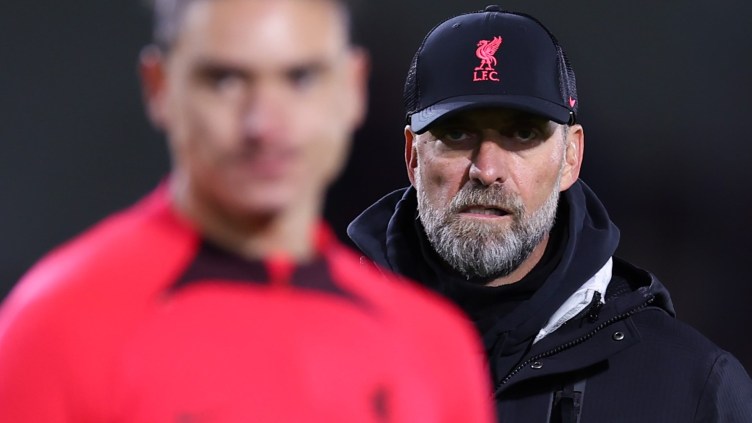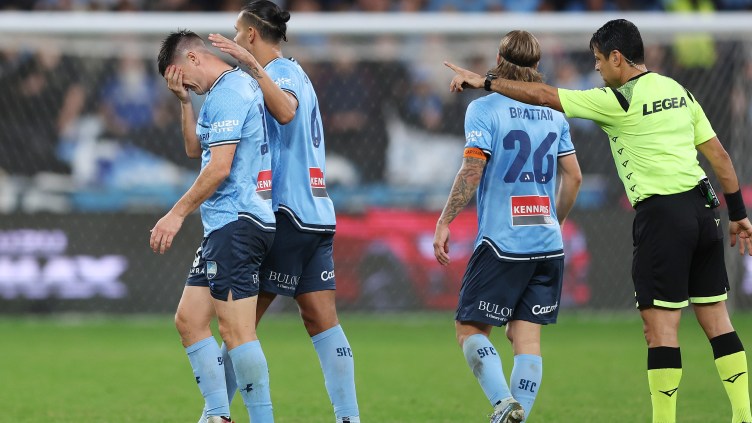Roy O’Donovan has been at clubs where the coach is under pressure and players are worried about their futures – here our columnist describes the sinking feeling as losses mount up.
It’s that time of year, where you can start to feel the tension rising like damp in dressing rooms where results are not going well.
Halfway through the season, whether it’s in England, Europe or Australia, means everyone – players, fans, coaches – has a pretty good idea where their campaign is going. For some, the view ahead is pretty ugly.
As John Aloisi and Steve Corica do battle this weekend, desperate to kickstart their misfiring Isuzu UTE A-League seasons, it’s not much consolation to know that coaches from Jurgen Klopp to Massimiliano Allegri are in the same boat.
A dressing room that’s leaking goals and points is never a happy place, but this is the point when coaches really feel the pressure to somehow turn things around. Many will start to show it, which is when the dreaded cliché of losing the dressing room starts to get bandied around.
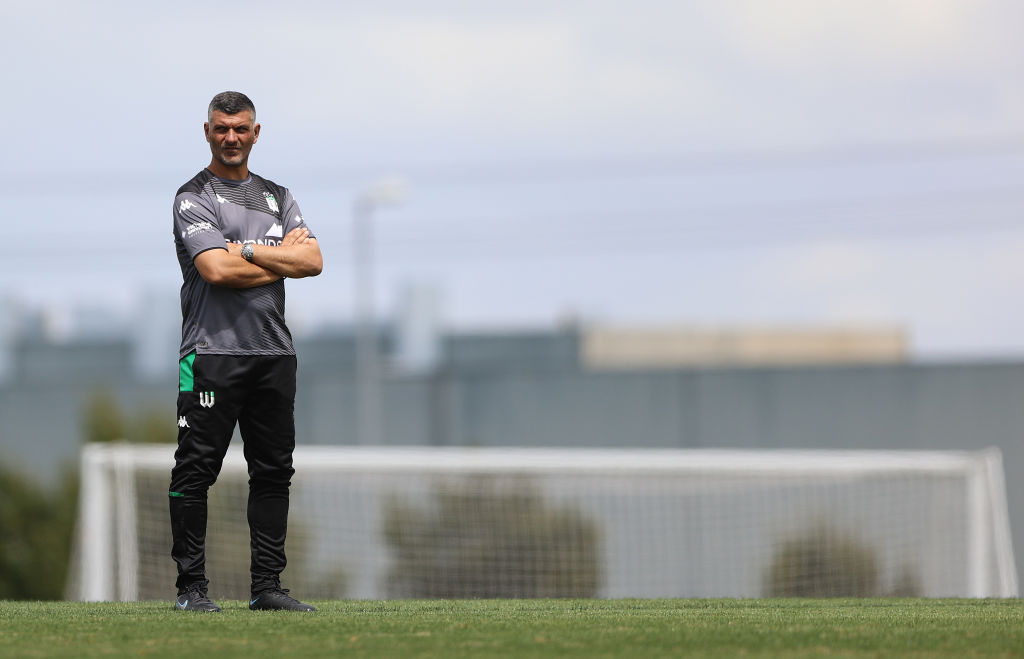
The negativity in the stands and the boardroom creeps in, and coaches start to act emotionally, especially with players they feel aren’t hitting the mark. The players themselves are pretty intuitive and can sense where things are going; it affects the way you play and decisions you make.
You see midfielders take no risks with the ball because they daren’t give it away. Strikers get fewer chances and feel the weight of converting those that do come along, which only makes you less likely to score. Accountability is hardly the first thing on anyone’s minds.
It’s incredible how quickly the rot can set in. I played for Aidy Boothroyd twice in England, at Coventry and then Northampton, and in both cases went through an ugly implosion. At Coventry we were near the top of the Championship at Christmas and sitting pretty; by March we were in a relegation dogfight, the directors lost their nerve and Aidy was sacked.
Three years later he signed me for Northampton in mid-season and we fought out way into the play-offs and got to Wembley, only losing the final to Bradford. But confidence was high when we came back for pre-season and Aidy declared he wanted us to play a brand of beautiful football to take us to the next level.
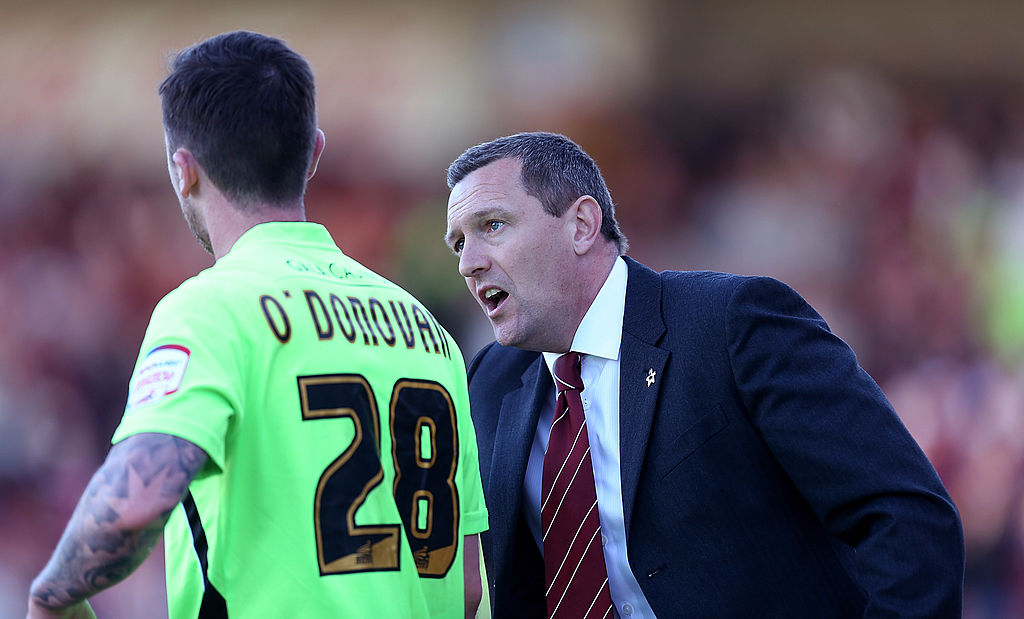
That lasted about six weeks and suddenly we were in another dogfight and the club felt in crisis mode. Little things go wrong that convince you fate has already decided you’re doomed. This time Aidy didn’t even make Christmas.
In England of course you have the jeopardy of relegation to really bring on the sweats in a team that’s struggling. But even in Australia a dressing room that’s swimming uptide is not a fun place to be.
In my first year at the Mariners we basically had four senior players in myself, Liam Reddy, Josh Rose and Nick Montgomery. Three games in, Liam fell out with the new coach, Tony Walmsley, and left, leaving Nick, Josh and myself like schoolboys who’d walked into a creche. In a team full of kids, it’s even harder to sustain any sense of belief that things will turn around.
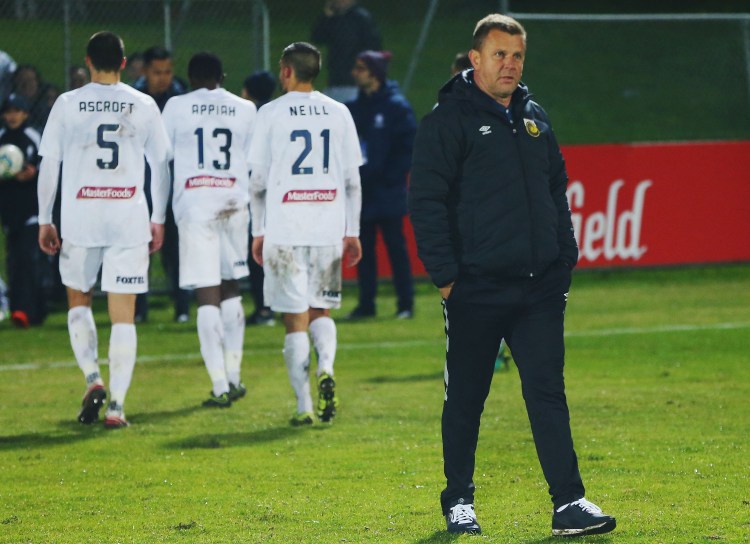
Sadly one of the strongest rules in football came into play that year; generally your league position correlates strongly to the money you spend.
Of course there are exceptions; Brendon Rogers is under pressure at Leicester City because he was backed heavily in the transfer market and they’re barely out of the relegation zone.
But generally you get what you pay for, and in my first year in the A-League, the Mariners were on a bare-minimum budget with a bunch of kids who – at least some of them anyway – were there because they were cheap.
Strangely we won our first game, but it didn’t take long to realise what a struggle the season was going to be, and that’s a pretty damn dispiriting workplace to come into every day. The ripples go wider, and a proud club on its knees can be hard for the community.
As a player you try everything. As the losses mount up, every Monday features another make-or-break meeting – the senior players declare that “this time will be different boys”, everyone pledges 110% commitment, but deep down you know what’s coming.
The best coaches, and usually it’s those with experience, somehow find a way to sustain the feelgood vibe, and project a confidence that good times are around the corner. It’s a rare skill but it can actually galvanise a team if the coach convinces the players that he genuinely believes in what they’re doing and how it can be successful.
In the A-League we’ve had one stunning example, when Adelaide rose from the dead to win it seven years ago. That’s what the likes of Corica and Aloisi will be telling their players, that one good result can be the catalyst.
This time, boys, this time it will be different…
